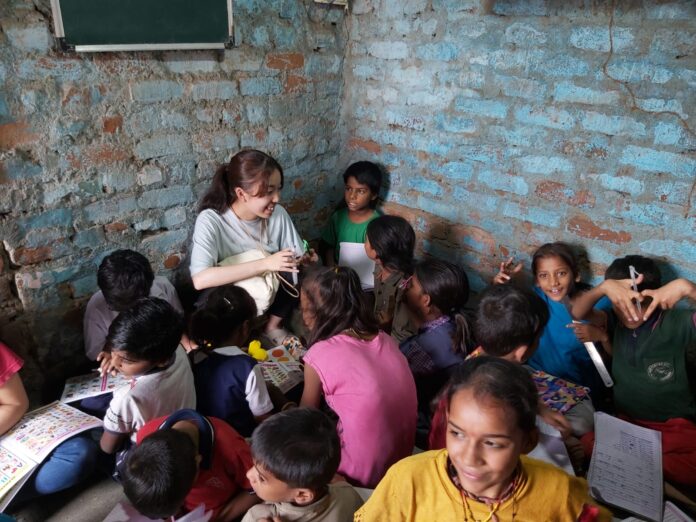Authored By : Mr. Sriram Srirangam, Chief Mentor, SRIRAM’s IAS
Apparently, there seems to be no comparison between School Boards exams with UPSC exams. However, the attainment of newer heights is primarily based on the strength of the foundation. While it is true that many students from weaker performance in school boards go onto crack the UPSC, which not always the school boards toppers might be doing, and yet, none of the candidates who crack UPSC would have weak foundation. This essentially means they really pull-up the socks later in life than when in schools. Nevertheless, if civil services is a career goal for you, you can begin preparing now, when in school and appearing for boards. Here are some aspects for you to understand how School Boards could be similar or dissimilar from Civil Services examinations.
ALSO READ: AI posing threat to engineering jobs, say experts from MIT World Peace University
Strong foundation. The common thread between both UPSC and School Boards are both test a strong grasp of fundamental concepts and practical application. Almost every key subject you have studied for class 10th and 12th school boards is covered in Civil Services. So, there is significant overlapping of syllabus. The difference is for civil services the depth of studying a subject increases manifold and so does the command sought over general awareness on a range of topics. Essentially, UPSC requires extensive and in-depth knowledge, covering current affairs, policy nuances, and evolving concepts, surpassing the foundational knowledge tested in school board exams.
Exam levels and question formats. While School Boards have one exam for each subject, civil services include a prelims and mains. The former having objective questions and the latter having long-format essay time questions. Overall, the question patterns are similar. Both have segments of objective questions (Prelims) or multiple choice questions (in School Boards), and then another mix of subjective questions (Mains in Civil Services). However, the complexity of questions would differ greatly.
Response questions. Another crucial difference is that candidates must draft their responses for Civil Services in a way that differs greatly from School Boards.
The clarity, depth of knowledge, and reasoning stated in support of your views or position need to be strong and substantiated. Basically, UPSC would require a mature and nuanced drafting of answers.
Specialization subjects. In school boards the specialization is more to do with the stream of study one chooses. Including the combination of subjects one opts for. So, for instance, examiners will not ask a science student a question concerning Economics or English Literature. Nevertheless, various civil services papers extensively test the candidates’ depth of overall knowledge.
Additionally, every candidate has to choose a subject as specialization which he should be an expert on.
While civil services test for advance knowledge and competitive abilities in a candidate. It also tests for the potential of the candidate to lead by serving. Something which the school boards don’t test for. One cannot compare the viva in Boards to the scrutiny examiners apply to a candidate in the interview stage of civil services. Nevertheless, NCERT books or board exams form the foundation of civil services. A strong foundation will always help you, as a candidate, to deal with the extensive preparation needed for UPSC exams
This year educate yourself and develop your career with EdTech Platform EasyShiksha.com



































































